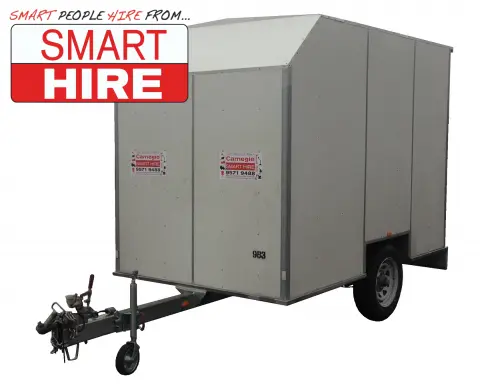Selecting the appropriate educational basketball camp in Melbourne requires careful evaluation of program quality, coaching credentials, and developmental focus rather than simply choosing based on convenience or cost. Parents must consider their child’s skill level, learning style, and long-term athletic goals when making this important decision. Melbourne’s basketball camp landscape offers diverse options ranging from recreational programs to elite development academies, each serving different developmental needs and age groups.
Evaluating Coaching Quality and Credentials
Coaching expertise forms the foundation of any successful basketball development program. Look for camps staffed by qualified coaches holding Basketball Australia certification or equivalent international credentials. Former professional players bring valuable experience, but teaching ability matters more than playing achievements when working with young athletes.
Investigate coach-to-player ratios carefully, as smaller groups enable more individualized instruction and feedback. Quality programs maintain ratios of one coach per eight to ten participants, ensuring adequate attention for skill development and safety supervision.
Research coaching philosophy and methodology through program websites, testimonials, and direct conversations with staff. Progressive camps emphasize fundamental skill development over winning games, particularly for younger participants. Age-appropriate teaching methods accommodate different learning styles and physical development stages.
Program Structure and Curriculum Design
Well-designed camps balance skill instruction with game application and physical conditioning appropriate for each age group. Elementary-aged programs should emphasize fun and fundamental movement patterns rather than complex tactical concepts. Older participants benefit from position-specific training and advanced tactical instruction.
Daily schedules reveal program priorities and organizational quality. Effective camps allocate sufficient time for skill stations, scrimmage play, and rest periods while avoiding overwhelming young athletes with excessive activity. Programs incorporating sports science principles include proper warm-up protocols and injury prevention strategies.
Educational components distinguish superior camps from basic recreational programs. Look for sessions covering basketball IQ development, mental training techniques, and character development themes. These elements contribute to overall athlete development beyond physical skill acquisition.
Facility Standards and Safety Protocols
Inspect facility conditions during visits or through virtual tours when possible. Quality courts feature proper flooring, adequate lighting, and climate control systems that maintain comfortable playing conditions. Outdoor facilities should include weather contingency plans and indoor alternatives.
Safety protocols reflect program professionalism and liability management. Inquire about medical staff availability, emergency response procedures, and injury reporting systems. Camps should maintain current first aid certification among staff members and have established relationships with local medical facilities.
Equipment quality and availability impact learning effectiveness and safety. Programs should provide appropriate basketballs for different age groups while maintaining nets, backboards, and court markings in good condition. Additional training equipment like cones, agility ladders, and resistance bands enhance instruction quality.
Age-Appropriate Development Focus
Different age groups require distinct developmental approaches that match physical and cognitive capabilities. Early elementary programs should emphasize basic motor skills, coordination, and positive sports experiences rather than competitive outcomes. Middle school camps can introduce more complex skills and basic tactical concepts.
High school programs benefit from position-specific training, advanced conditioning protocols, and college preparation guidance. Elite development camps may include recruiting education and scholarship information for qualified participants.
Individual skill assessment helps determine appropriate program placement. Some camps offer evaluation sessions or skills testing to ensure proper grouping of participants with similar abilities and developmental needs.
Value Assessment Beyond Cost Considerations
Program value extends beyond simple cost comparisons to include instruction quality, facility access, and developmental outcomes. Calculate cost per hour of instruction and compare included services like meals, equipment use, and take-home materials.
Extended day options provide additional value for working parents while offering more comprehensive development opportunities. Some programs include academic components or study halls that support overall student-athlete development.
Follow-up support distinguishes exceptional programs from standard offerings. Quality camps provide post-program skill development resources, continued coaching contact, and pathways for ongoing involvement in basketball activities throughout the year.



